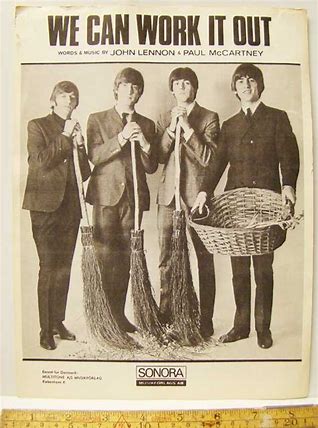It won’t come as any surprise that I strongly believe that what we do with our time matters to our health and happiness. Engaging in occupations and completing activities that we value is central to this. What we consider of value is highly individual. While generally there is agreement that a broad category of occupation is valuable, for example work, there will be individual differences as to the specific kind of work that provides value to us. The same can be said for leisure activities, social activities, and self-care activities.
In occupational therapy/science this is referred to as occupational value. It is an important concept as it influences our decisions regarding our time use and therefore has relevance to our mental and physical health and the extent of our happiness.

Completing a time use diary can tell you a lot about what you value and may also give you some hints as to what brings you happiness. You will also notice from this exercise that there are some activities you regularly do on auto pilot or because you believe it is expected of you? What value do these have? No doubt some but maybe in a different way. You may also notice something missing from your current daily and weekly routine.
I recently completed a training course that extended my understanding of occupational value. It was delivered by Prof Lena-Karin Erlandsson, an Swedish authority regarding the importance of occupational value. I learnt that rather than a singular concept, occupational value has three elements – concrete value; socio-symbolic value; and self reward (immediate experience). Any occupation can be considered in terms of what value it provides in each of these three elements. It is important to stress that not all occupations will bring value in each element. For example an activity like washing the dishes after dinner has (1) the concrete value of clean dishes ready for use for the next meal and a hygienic living space (2) the socio-symbolic value of demonstrating an awareness of societal norms for keeping one’s living environment clean and, if sharing a living space, the gratitude of others for this contribution to the collective responsibilities. However it may not bring any self reward value.

The obvious question is whether it is worth considering our occupations in this way. Is it a waste a time? A lot of trouble? If you consider the saying, one that I happen to use a lot, “you can’t spend time twice”, you’ll guess my view. Knowledge of how much time we spend engaging in the self rewarding occupations and how much is spent on those that are restricted to bringing concrete and/or socio-symbolic value provides information to make decisions and important choices for our health and happiness.
In the future I’ll be providing a programme for people curious about this area to learn more and make changes to how they spend their time so they experience more self reward. If you’d like more information feel free to email ot@oti.ie


